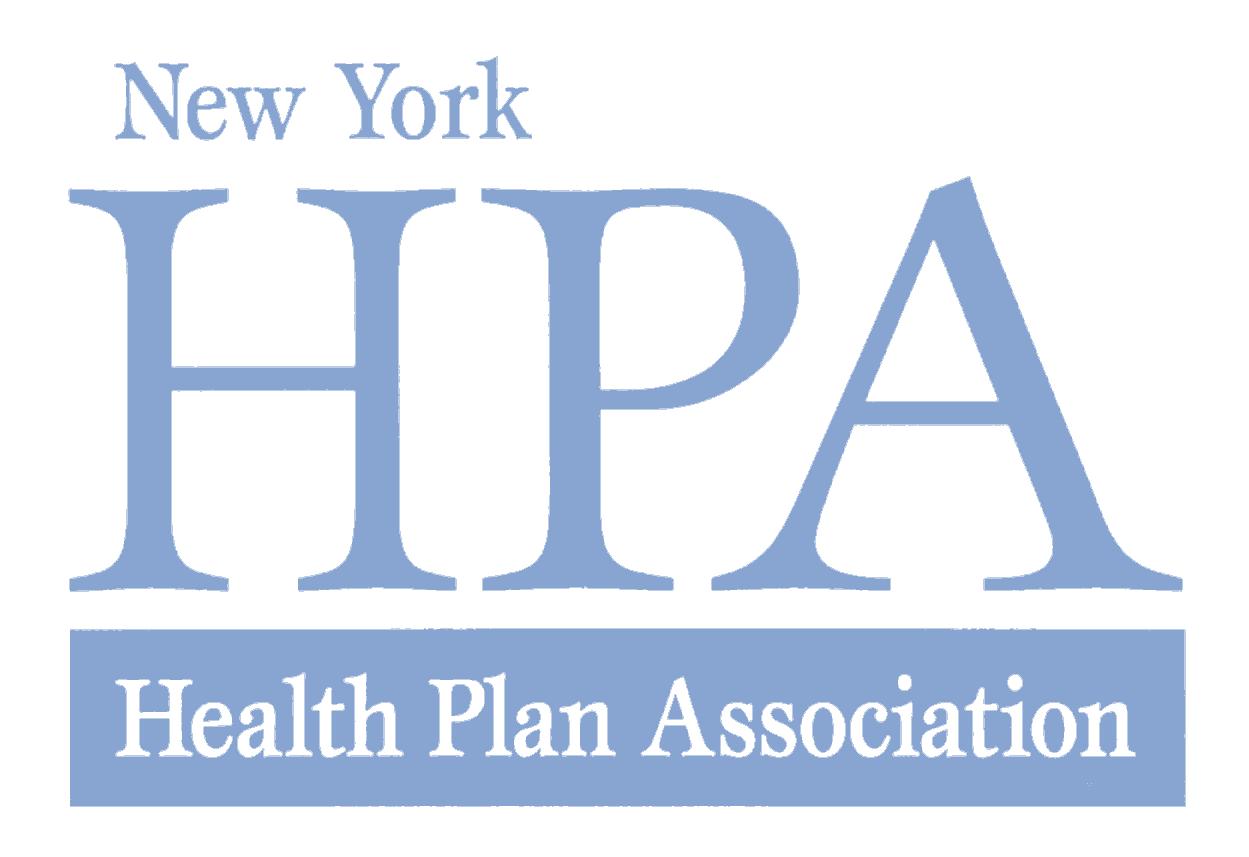How AI Supports Enhancements for Payer-Provider Collaboration


Speakers
From Regulations to Real World Solutions: How Automation, Analytics, and AI Support Enhancements for Payer-Provider Collaboration

The CMS Interoperability and Prior Authorization Final Rule presents significant new federal requirements affecting providers, payers, and stakeholders across health care. This session will examine how organizations are utilizing AI to meet these new standards, as well as support seamless data exchange, reduce administrative burden, and improve patient care.
The webinar will feature a case study on how the industry is working with the Massachusetts Health Data Consortium’s NEHEN network to effectuate real-world data exchange for prior authorization and quality measurement, along with a discussion on AI-driven solutions that align with New York’s regulatory landscape to assist health plans in meeting compliance deadlines, improving transparency with providers and members, and accelerating prior authorization turnaround times.
In this webinar, the speakers will discuss:
- CMS Interoperability and Prior Authorization requirements and their implications for providers, payers, and other stakeholders
- How interoperability standards (including FHIR® & USCDI), technology, and legal/business frameworks enable compliance, automation, and scalability
- How the NEHEN network facilitates real-world data exchange for prior authorization and quality measurement
- AI-driven solutions that are being utilized to streamline approvals, enhance compliance, and reduce administrative burden
- Actionable strategies for NY health plans to align with SHIN-NY interoperability rules, DFS prior authorization/utilization review process requirements, NY Medicaid/managed care obligations, and DOH’s data interoperability mandates to reduce costs, improve service, and accelerate authorization workflows




